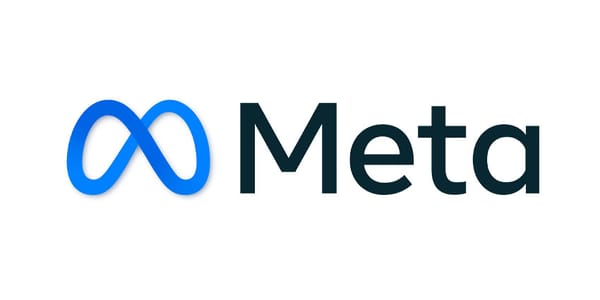NVIDIA's Controversial AI Training: A Deep Dive into the Scraping Scandal

In the ever-evolving tech landscape, the pursuit of cutting-edge advancements often leads companies to explore unconventional methods. NVIDIA, a titan in the graphics card industry, is making headlines for its controversial approach to AI training. The recent revelation that NVIDIA’s AI team scraped videos from YouTube, Netflix, and other platforms without permission has sparked significant debate. This incident highlights a broader issue within the tech industry: the fine line between innovation and infringement.
NVIDIA, valued at a staggering $2.4 trillion, is known for its role in developing high-performance GPUs and AI technologies. According to a report by 404 Media’s Samantha Cole, the company allegedly directed its employees to download vast amounts of copyrighted content from platforms like YouTube and Netflix. This data was purportedly used to train AI models for NVIDIA’s commercial projects, including its Omniverse 3D world generator and self-driving car systems.
YouTube, in particular, has expressed strong objections to this practice. A YouTube spokesperson reiterated that scraping their content is a clear violation of their terms. The platform’s CEO, Neal Mohan, had previously stated that using YouTube videos to train AI models without permission was unacceptable. Yet, NVIDIA’s defense, as shared with Engadget, suggests that their actions comply with copyright law's spirit by focusing on data rather than specific expressions.
Key Takeaways from the Scraping Scandal
- Legal Boundaries and Corporate Ethics The NVIDIA incident underscores the ongoing tension between legal boundaries and corporate practices. The company’s justification—that their data use falls within the rights to learn and use information—raises important questions about intellectual property. While NVIDIA argues that their activities align with the law, YouTube and other content providers firmly disagree. This conflict highlights a growing need for clearer regulations regarding data use in AI training.
- The Impact on the AI Industry NVIDIA’s approach reflects a broader trend in the tech industry where speed and innovation often come at the cost of ethical considerations. The company's method of scraping content to develop AI models, though effective, might set a troubling precedent. If major players like NVIDIA can bypass content rights for technological advancement, it could encourage other firms to adopt similar practices, potentially leading to a more chaotic and less regulated AI landscape.
- The Role of Content Providers Content providers like YouTube and Netflix are increasingly finding themselves at odds with tech giants over data use. The tension between tech companies leveraging content for AI and content creators seeking to protect their intellectual property is palpable. This scenario emphasizes the need for content platforms to enforce stricter measures and seek legal remedies to safeguard their material.
- Ethical Considerations and Corporate Responsibility The NVIDIA case also brings to light the ethical responsibilities of tech companies. While the drive for technological progress is crucial, it should not come at the expense of legal and ethical standards. The decision to scrape copyrighted content without explicit permission may be legally defensible in some contexts, but it raises ethical concerns about respect for creators' rights and the responsible use of data.
- Future Implications for AI Development The fallout from NVIDIA’s actions may prompt a reevaluation of data use practices in AI development. As the industry grapples with these challenges, there may be increased pressure to establish more robust guidelines and frameworks for data acquisition. This could lead to stricter regulations, enhanced transparency, and a greater emphasis on obtaining proper permissions before using content for AI training.
As the tech industry continues to evolve, the NVIDIA scraping scandal serves as a reminder of the delicate balance between innovation and legal compliance. Companies must navigate these challenges thoughtfully, ensuring that their pursuit of technological advancements does not compromise ethical standards or infringe upon intellectual property rights. For the industry to thrive responsibly, it’s crucial to foster a culture of respect for content creators and uphold rigorous standards in data use.
The NVIDIA case highlights a pivotal moment in the tech world, where the practices of today will shape the industry’s future. By addressing these issues head-on, we can work towards a more transparent and ethical approach to AI development, ensuring that progress and respect for intellectual property go hand in hand.
Written by Luna Lush, Aktel Innovate
For more insights and updates on tech industry trends and ethical considerations, visit Aktel Innovate.




